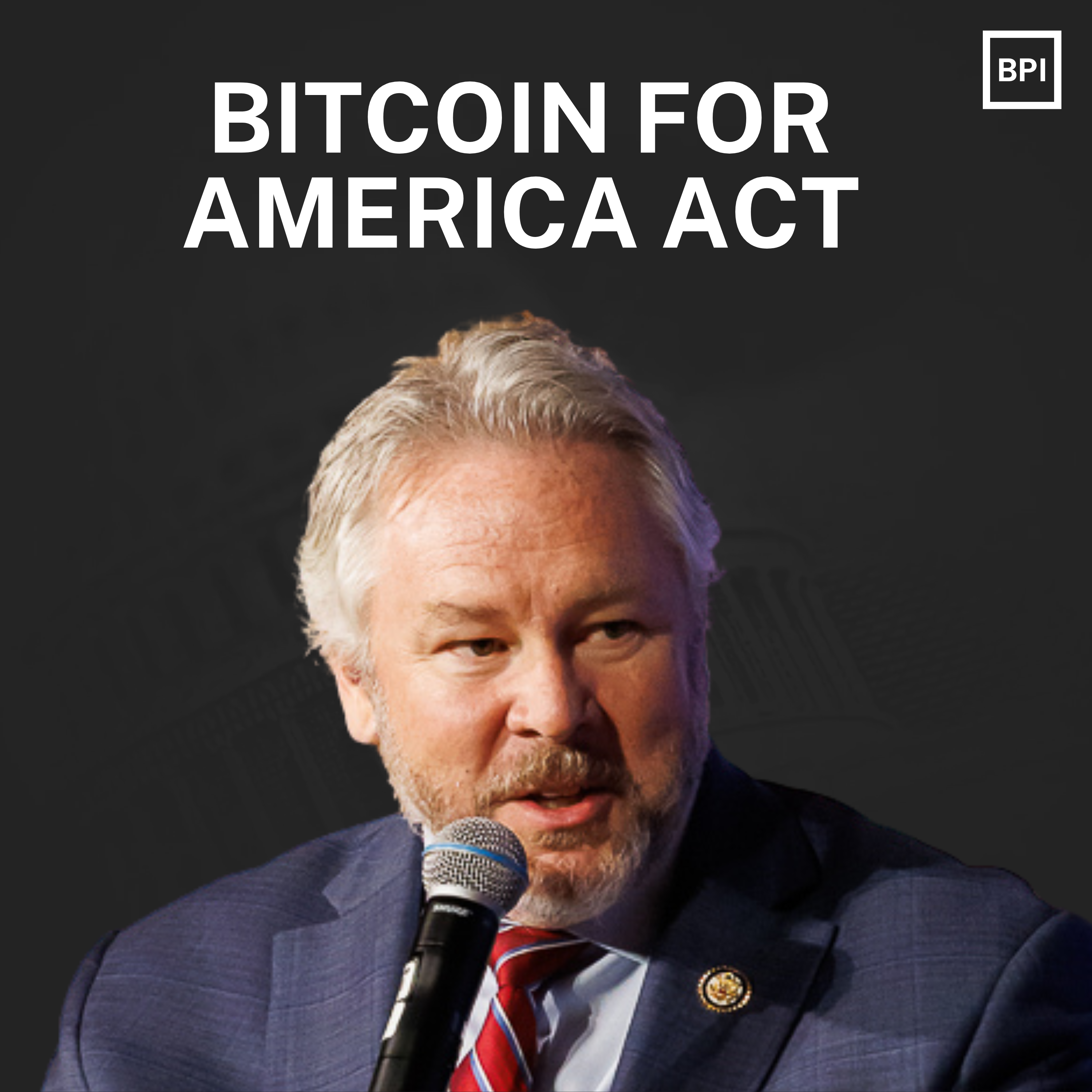Meet the Fellows: Chris Barnard
Learn more about BPI Visiting Fellow Chris Barnard in the latest installment of our Meet the Fellows series.

Introduction
We've been supporting academics and researchers who study Bitcoin since BPI's inception in January of 2022. To date, BPI has awarded fellowships to 15 individuals. In this blog post series, Meet the Fellows, we sat down with BPI Fellow Chris Barnard to learn more about his life and work.
Chris Barnard is the President of the American Conservation Coalition, the largest conservative environmental organization in the country. He holds a bachelor's degree in politics from the University of Kent, and a master's in international relations from the London School of Economics. He frequently writes for outlets such as The Hill, USA Today, the Daily Telegraph, the Washington Examiner, and more. His current work focuses on pro-innovation, pro-market policy that can tackle climate change while ensuring economic prosperity. He also focuses on the national security implications of global climate change. To him, Bitcoin as a technology can both accelerate the clean energy transition, while ensuring American economic and national security.
Chris was born in Belgium, and lived there for 17 years as a dual American-Belgian citizen. He then moved to the UK, where he spent a further 5 years before moving to Washington DC. He speaks English, Dutch, French, and German.
Interview
What do you do for work?
I am the President of the American Conservation Coalition, the largest conservative environmental organization in the country.
How did you wind up in your current role?
I stumbled into it! I went to college in the UK, studying a master's in international relations at the London School of Economics. While in the UK, I found out about ACC (which was founded in 2017), and as a lifelong environmentalist fell in love with the mission. I quickly set up the UK version of ACC, led that for about 18 months, before the mother organization poached me and brought me to DC to work first as Policy Director, then VP of External Affairs, and now as President.
How did you become interested in researching Bitcoin?
My interest in Bitcoin really started more as a personal investor during the pandemic. This led me to start researching what exactly it is I was investing in (good life rule!), and quickly became sold on the national security, civil liberty, and economic freedom benefits of this technology. However, as an environmentalist working in climate politics, I was getting worried reading about all the anti-Bitcoin hit pieces talking about its energy usage, emissions profile, climate impact, etc. It wasn't until I met Lee Bratcher of the Texas Blockchain Council that I started realizing how wrong this narrative was - I came to understand that, as with so many other issues, the opposite is true: Bitcoin mining, in fact, offers an opportunity to accelerate our clean energy future. As a pro-technology, pro-innovation climate activist, researching and advocating for this particular aspect of Bitcoin is of deep interest.
What are your most significant intellectual interests aside from Bitcoin?
Philosophy, conservative politics, theology and history. Growing up in Belgium and the UK as the son and grandson of two theologians, living in DC currently, having studied at an international school, and being involved in politics from a young age... what else am I supposed to be interested in??
How have your views on Bitcoin and cryptocurrency broadly changed over time?
They've evolved from relative ignorance to self-education - in this process I've become a staunch advocate and investor, because the benefits and real-life applications speak for themselves.
What misconception about Bitcoin do you hear most from your colleagues?
The most common misconception is the idea that Bitcoin is some fad or over-hyped nonsense. But when you start looking into the specific aspects of this technology, it's clear that we're not talking about modern-day tulips.
What are your hopes for the future of BPI?
It's clear that Bitcoin needs to move beyond the "to the moon" rhetoric on Twitter. My hope is that BPI will become *the* institutional standard for serious, academic research and policy advocacy on Bitcoin.
Lightning Round
Favorite novel?
Galgenmeid (super obscure Dutch historical fiction book...)
Favorite U.S. President?
Lincoln
Who is your biggest intellectual influence?
CS Lewis



.svg)
.png)


.png)
%20copy%205.png)
